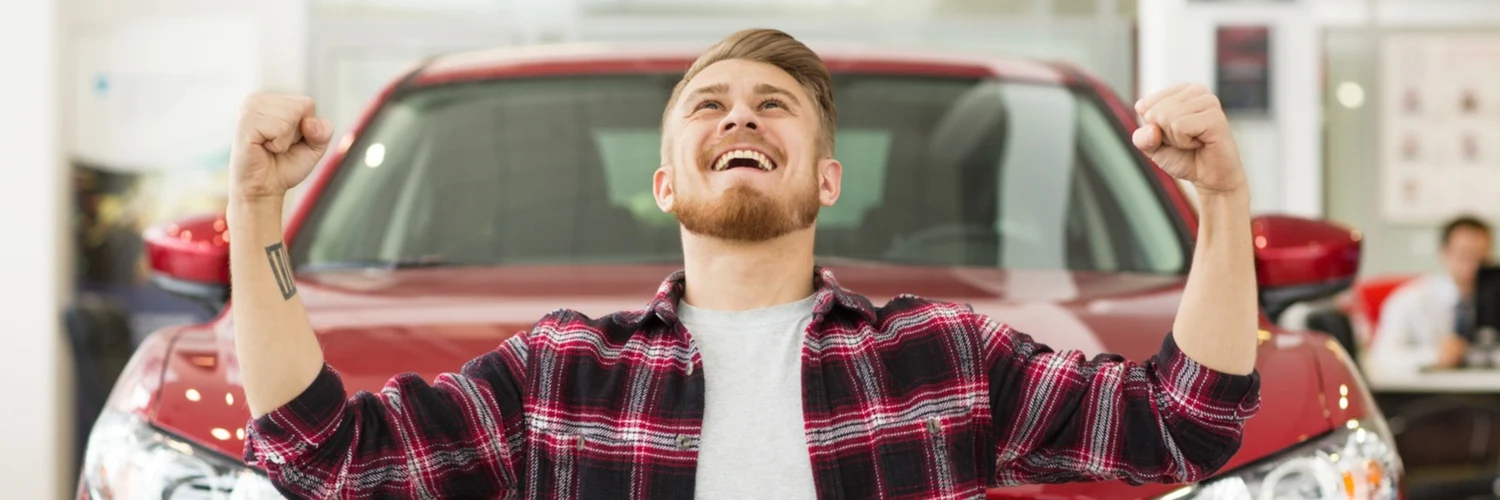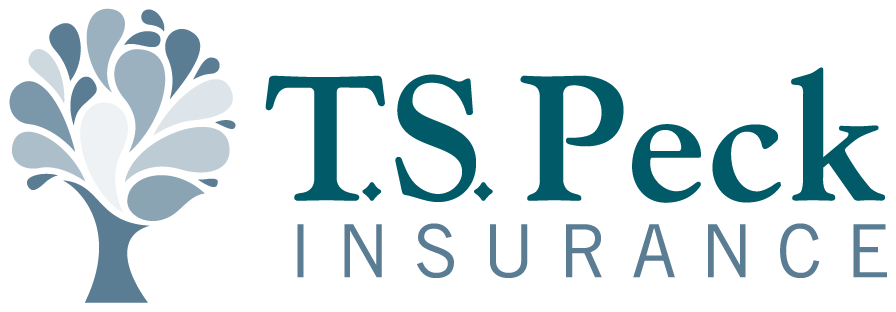Car Insurance in Vermont


What is Car Insurance?
Owning and operating an automobile comes with certain inherent risks. Regardless of how safe a driver might be, they could be in an accident — and most people in Vermont will be involved in at least one accident over the course of their lifetime. Car insurance doesn’t physically protect drivers, but it can provide financial protection from the potential costs of an accident.
Car insurance is a common but specialized form of personal insurance that addresses the risks of owning and operating an automobile. Most policies are written as package policies, which means they come with multiple protections that are grouped together.
Get a Quote
“I switched to TS Peck a couple of years ago because the insurance agency I had been with for decades had dropped the ball on customer service. I was reminded of what a great decision it had been when I reached out to Anne for help earlier last month, she couldn’t have been more prompt, friendly, and helpful.
As an employer I know how hard it is to find great staff these days so wanted to take the time to let you know that Anne is one of those rare finds.”
“I just wanted to take a moment to let you know how great I think Caroline Collins is. – Every time I call to update my policy(and I have updated it a lot over the years) Caroline has been nothing but amazing to deal with. She takes care of all my needs in real time which is amazing. She is very personable, always respectful, extremely knowledgeable, and just all around awesome to deal with. I truly enjoy dealing with her and think she is a huge asset to your business from where I sit.”
“Friendly and prompt – I have been with T.S Peck for many years and have no complaints with their trusted service. They have always taken a friendly approach to their craft and are always willing to answer all of my questions!”
“We Contacted T.S Peck Insurance to inquire about auto insurance/ After with with Jake, we explored combining our auto and home insurance, in turn realizing a big savings.”
“When I called for a quote, my agent was personable and helpful. He always got back to me quickly with answers, which is extremely important. The entire process was handled in a timely manner and was able to meet my expectations and beyond.”
“Jake Hynes and the folks at T.S. Peck have been awesome to work with! As a recent start-up, we were new to the “buying business insurance” scene. One phone call and all our concerns were laid to rest. The service has been great and the prices are very competitive. We recently price shopped again and found we were still in the best hands!”

Who in Vermont is Auto Insurance For?
Almost everyone who owns an automobile in Vermont needs auto insurance. State law generally requires minimum levels of coverages if a vehicle is taken on public roads, and most vehicle owners want more protection than what the law’s minimum coverage requirements afford. Without insurance, drivers are often both dangerously exposed to potential risks and operating a vehicle illegally.
What Coverages Do Auto Policies Come With?
As mentioned, auto policies typically come with multiple coverages. Some common ones include:
- Bodily Injury Coverage, which usually covers injuries to people not inside an insured vehicle
- Personal Injury Coverage, which usually covers injuries to people inside an insured vehicle
- Property Damage Coverage, which usually covers damage to other people’s property
- Uninsured Motorist Coverage, which usually covers accidents caused by dirvers without sufficient insurance
- Collision and Comprehensive Coverage, which usually covers damage to an insured vehicle
- Rental Car Reimbursement Coverage, which usually covers the cost of a rental vehicle after a covered incident
- Pet Coverage, which usually covers injuries to pets inside an insured vehicle
The first four of these are generally required by state law, while the latter three are optional.
In addition to these, many insurance companies also offer emergency roadside assistance as an optional add-on. Although not a true insurance coverage, this is an affordable and convenient way to procure this type of protection if it’s desired.

What Coverages Do Drivers Who Lease or Finance Vehicles Need?
Drivers who lease or finance their vehicles are frequently required by the terms of their agreement to carry certain coverages. Many such agreements require comprehensive and collision coverages in order to protect the value of the car. Gap coverage is often also required.
Gap coverage is a specialized coverage that’s typically only used in leasing and financing situations. In many situations, the value of a car will depreciate faster than the agreement is paid. This can leave a gap between what a car is worth and what’s still owed on it, and gap insurance usually fills in this gap.
If a car is totaled, comprehensive or collision coverage will likely reimburse up to the car’s depreciated value. Gap coverage will probably cover the remainder of what’s owed.
Does Personal Auto Insurance Cover Vehicles Driven for Work?
Personal auto insurance generally isn’t intended to cover work-related driving, but some policies may offer protection in certain situations where a vehicle is driven for both personal and work reasons. Drivers who use a car for personal and work purposes should ask an insurance agent who specializes in auto insurance to review their situation and recommend a suitable policy.
How Can Vehicle Owners in Vermont Get Car Insurance?
For help insuring a vehicle registered in Vermont, contact the independent insurance agents at T.S. Peck Insurance. Our agents are well versed in the nuances of car insurance and have the expertise necessary to find a policy that will give you robust protections.
Get in touch with our team!

For questions or concerns, please contact our independent insurance agents.
Office: 41 IDX Drive, Suite 135
South Burlington, VT 05403
Office: 158 Lake St,
St Albans, VT 05478